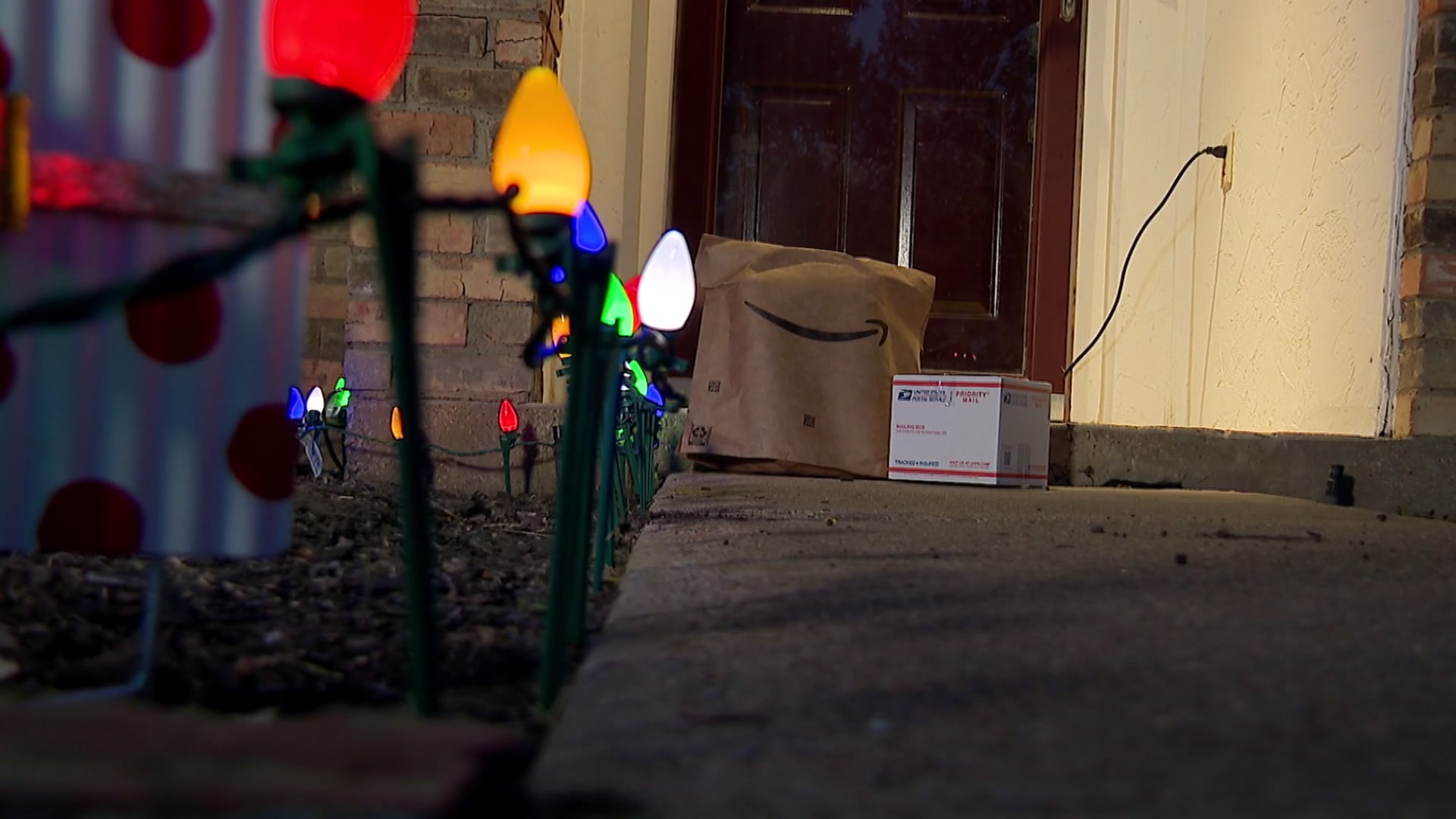A select subcommittee of the Texas Senate heard details on Tuesday morning of the police response to the pro-Palestinian protestors across several state campuses.
The goal of the interim committee is to collect information and public testimony to change law or policy in the January legislative session.
Tensions rose on college campuses in the late Spring. Police and DPS troopers made arrests at UT-Austin and UT-Dallas in late April but not at similar protests at the University of North Texas and UT-San Antonio.
Scores of students walked out of class at the University of North Texas on April 30th. Spurred on by similar protests across the country, they called on their university to divest from Israeli companies and weapons manufacturers. They chanted, spoke, and marched for a few hours and then dispersed with no violence and no arrests. It was a drastically different situation at UT Austin and UT Dallas.
Get top local stories in DFW delivered to you every morning. Sign up for NBC DFW's News Headlines newsletter.
"We prepare for all of them, but we look at intelligence to make that dictate our response," Lt. Colonel Freeman Martin from the Department of Public Safety told the subcommittee of the Higher Education Committee.
Lt. Colonel Martin spoke at the hearing Tuesday morning on anti-Semitism on campus and where the line is for free speech. In short, he told the panel that protest organizers in Austin and Dallas planned to camp, block buildings and sidewalks, and put up barriers that violated the "time, place, and manner" rules put in place legally by university leaders.
We were a lot heavier at the University of Texas than we were at the University of North Texas, UT-Dallas, Texas Tech, or UTSA, just based on the intelligence that we had and their intention of wanting to take over, occupy, and disrupt," said Martin.
Local
The latest news from around North Texas.
UT Austin professor Steven Collis, called as an expert witness on the First Amendment, said the school was allowed to establish its rules. The government is not allowed to stifle free speech except in very specific cases.
According to Collis, it doesn't matter if the speech is aggressive, offensive, or insulting; it is allowed unless it's intended to spark imminent physical harm or lawbreaking.
“Vandalism, including spray painting buildings, blocking roads, blocking access to buildings, barricading oneself into a building. None of those qualify as speech," said Collis.
The most prominent confrontation between protesters and police was in Austin when 55 people were arrested on April 24th and 79 people on April 29th. The first day's charges were dismissed by the county attorney. The second day's are still pending.
More than ninety people came from the public to testify on the protests, free speech, and the implementation of a new law eliminating diversity, equity, and inclusion efforts on campus.
"What happened on campus was a clear violation of their rights as students attending a public university," said Julia Heilrayne from Austin. Her sister was arrested in the campus protests.
Protesters and Jewish students voiced their opinions on Tuesday.
"Recently, we’ve seen our nation’s most prestigious universities become breeding grounds for hate, misinformation, and isolation," said Levi Fox from the Longhorn Students for Israel.
University chancellors told the committee they over prepared for graduation ceremonies and saw few demonstrations. State leaders say they'll plan throughout the summer for the return of classes in the fall as the Israel-Hamas war rages on.



